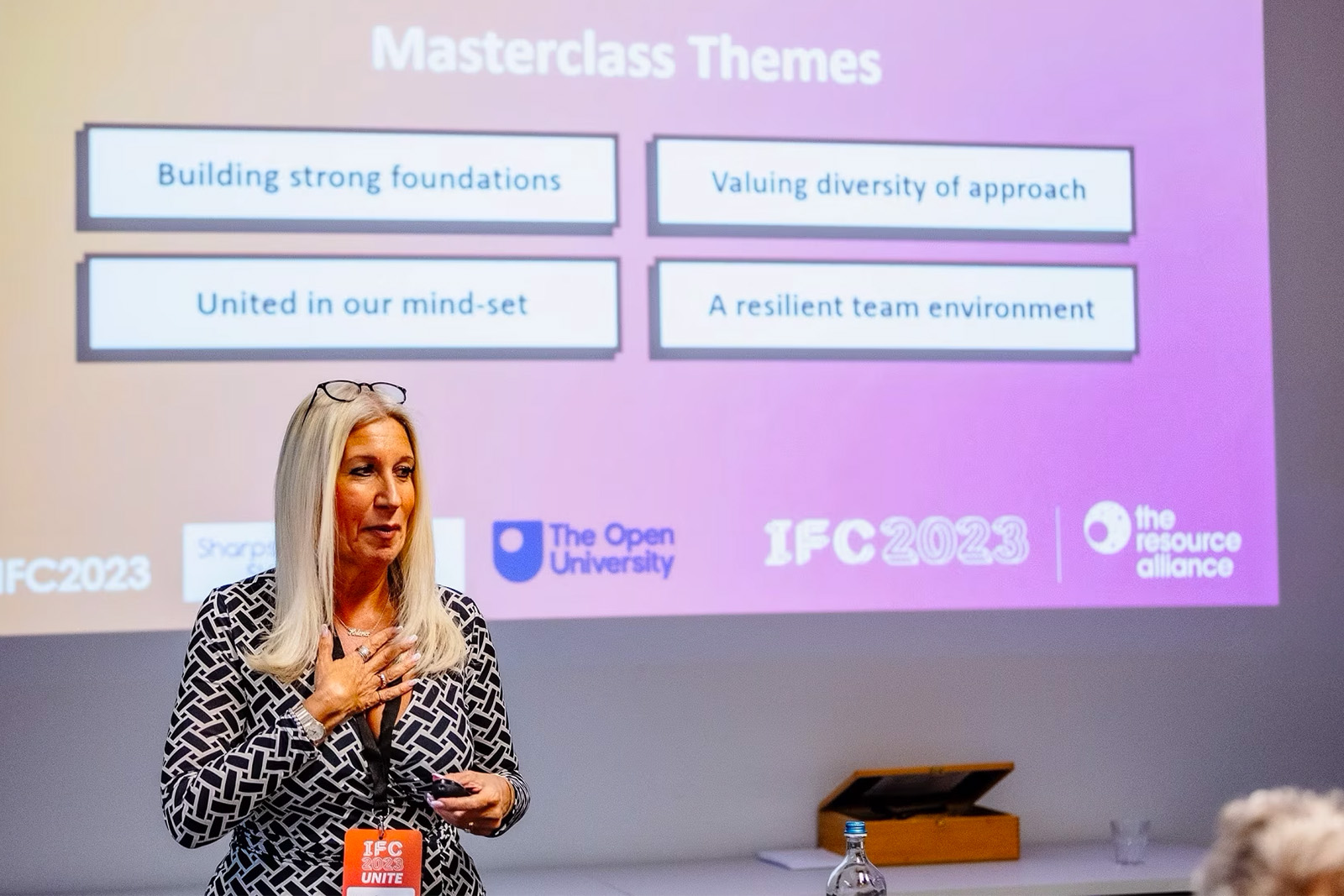
This month we feature a guest blog by one of our masterclass attendees, Reinier Spruit. Reinier applies his thoughts on building teams, to fundraising, but honestly, his wisdom gained from attending our session could be applied to any discipline. Read on and consider how this applies to you and your team.
This is how you build the best fundraising team. In October at the International Fundraising Congress, I attended the masterclass run by Helena Sharpstone and Jhumar Johnson entitled “Leadership essentials and building inclusive, resilient teams”. Theory and practice were beautifully brought together this afternoon. It was once again confirmation that fundraising results are completely dependent on the great people who work in our organisations. From how good those people are at their profession, how those people work together and how they are brought together by the right management and frameworks.
I say it often: the Head of Fundraising is one of the most important ingredients for successful fundraising. Perhaps the most important ingredient. The Head builds bridges up and down, hires the right people, sets an ambitious course, prepares the rest of the organisation to be successful, and… builds the best fundraising team. A team consists of several individuals who work together towards a goal. The combination of all these fundraisers as a team should lead to a better result than if you were to add them together separately. In other words, the whole is more than the sum of its parts.
During the masterclass, Helena and Jhumar introduced Patrick Lencioni’s book: ‘The Five Dysfunctions of a Team’. One element shows that trust is the absolute basis of any well-functioning team. A lot can go wrong due to a lack of trust. Members of teams that lack trust hide their weaknesses and mistakes from each other, hesitating to ask for help or give constructive feedback. They draw premature conclusions about the intentions of others without attempting to clarify them. They don’t recognise and utilise each other’s skills and experiences. And they may hold grudges, dread meetings, and find reasons not to spend time together.
But the other way around is also true. Members of teams with a lot of trust in each other admit weaknesses and mistakes. They ask for help. They accept questions and input about their responsibility. They give each other the benefit of the doubt before coming to a negative conclusion. They take risks when providing feedback and assistance and appreciate and make use of each other’s skills and experiences. This leaves them able to focus their time and energy on important issues, not on politics. They offer (and accept) apologies without hesitation, look forward to meetings and other opportunities to work as a group.
When we talk about fundraising, we often talk about response rates, revenue, retention, data-driven and donor-orientated fundraising. But attention to the dynamics in your fundraising team is just as important and, in many cases, an absolute condition for achieving results at all. This is only possible in an environment in which people feel safe. Psychological safety [in a work environment] means feeling safe to take interpersonal risks, express your opinions, disagree openly, raise concerns without fear of negative consequences or pressure to cover up bad news.
That sounds great, but how do you create that safe environment as Head of Fundraising? In theory this is not very complicated. Treat others as they want to be treated. Welcome curiosity, because asking questions is very healthy! Promote healthy conflict, because a good discussion works wonders. Give everyone a voice, because every voice matters. Position failure as a real possibility, always give the benefit of the doubt, and put yourself in someone else’s shoes.
How much attention do you pay to your amazing fundraising team?
Many thanks to Helena and Jhumar for a great masterclass!
